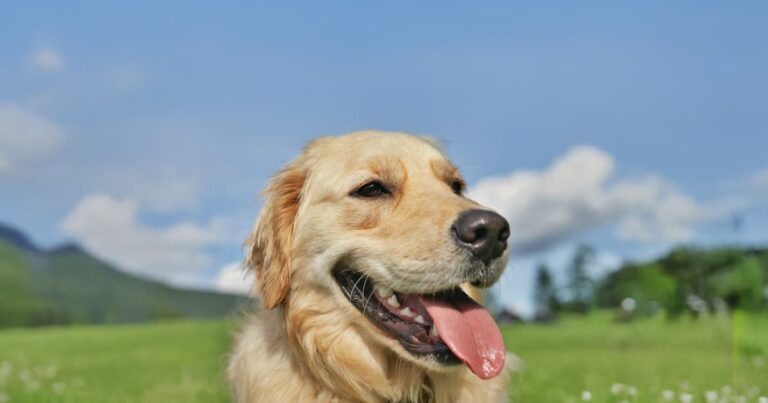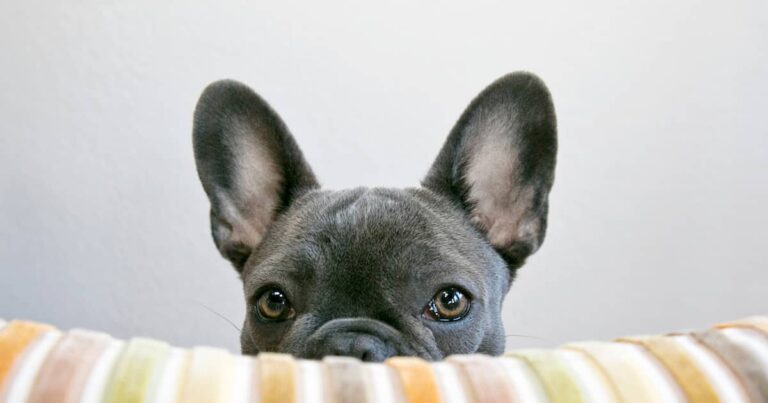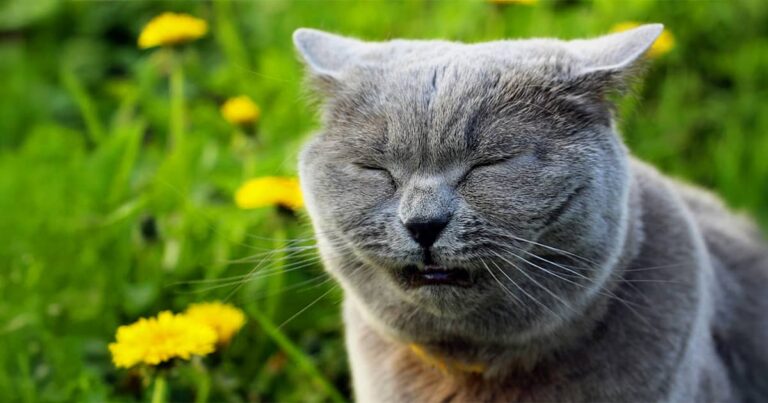While many dogs may be recognized as chowhounds, it’s highly unlikely they’d be mistaken for foodies with discerning palates. There’s one “food” — and that word is being used very loosely here — that’s adored by some dogs but despised by owners over all others. That disgusting and gross item is poop.
More common than you think
Actually, according to veterinary behaviorists, stool eating — the medical term is coprophagia — is not uncommon in dogs. Poop eaters may selectively snack on their own stool or the feces of other dogs, cats, hooved animals such as deer and horses, geese, rabbits, or any other animal that happens to be available. A survey of U.S. dog owners conducted by University of California–Davis researchers found one in six (16 percent) dogs could be considered “serious” stool eaters, meaning that they had been caught in the act at least five times. One in four (24 percent) of the study dogs were seen eating feces at least once.
The study also found that coprophagia was more common among dogs living in homes with other dogs. In single-dog homes, only 19 percent of dogs indulged in this practice. In homes with three dogs, the occurrence of stool eating increased to 30 percent. A majority (85 percent) of feces-consuming dogs don’t eat their own stool, only that of other dogs.
Why would a dog eat poop?
The ultimate cause of coprophagy in dogs has always evaded veterinarians and animal behaviorists. Plenty of theories have been proposed to explain why some dogs find feces such a delicacy, and even researchers disagree on why dogs do it. Basically, the theories about why dogs eat stool fall into two broad categories — medical or behavioral.
- Dietary deficiency: One long-standing theory is that dogs eat feces because they’re missing something in their diets. Vitamin B deficiency, in particular, has been suspected since scientists found bacteria in the intestines make thiamin, a B vitamin. However, the UC–Davis study found that a dog’s diet had no effect on stool eating.
- Underlying medical issue: When adult dogs abruptly start eating stools, it could be due to abnormal nutrient absorption or any condition that causes an increased appetite, such as diabetes, Cushing’s syndrome, hyperthyroidism (overactive thyroid gland) or certain drug treatments (steroids). Coprophagia can be one of the clinical signs of exocrine pancreatic insufficiency (EPI), a condition in which the pancreas doesn’t produce enough digestive enzymes, when seen in conjunction with with weight loss, diarrhea, fatty stools and flatulence (gas).
- Evolutionary behavior: Some experts believe the dog’s evolutionary history provides an explanation for stool eating. The dog’s ancestor, the wolf, is both predator and adept food scavenger. Most wolves, coyotes and dogs will eat carcasses killed by natural causes or other predators, different kinds of plants and fruits, and even garbage. Stool eating is one expression of scavenging behavior, and is seen in dogs and in wild and captive wolves. No evidence has been found of wolves or dogs selectively eating the feces of animals that eat only plants in order to get nutrients that may be deficient in their diet.
- Anxiety: Dogs who are punished during house training may eat their own stools as a reaction to harsh training methods. According to this theory, a dog has a bowel movement and then eats his or her own poop to hide the evidence, which often results in more punishment.
- Attention seeking: Some dogs, according to this theory, eat feces to get a reaction from their owners — which inevitably happens. So if you see your dog eating stool, don’t overreact.
- Isolation and/or restrictive confinement: Studies have shown that dogs who are kept alone in kennels or basements are more likely to eat stools than those dogs who live close to their owners. Spending too much time confined in small spaces can also lead to stool eating.
Normal in specific situations?
Despite being a disturbing and undesirable behavior, coprophagy is considered normal and possibly necessary during one situation. Female dogs and wolves lick their puppies’ butts to stimulate bowel movements. They also routinely eat their pups’ feces during the first three weeks after whelping. This keeps the den clean and undetectable by predators (in the wild).
How to keep your dog from eating stool
Believe it or not, coprophagia is probably more disturbing to dog owners than it is harmful to dogs. The risks for picking up internal parasites and digestive upset are the most important health reasons for managing this disgusting habit. There have also been reports of medication toxicity when a dog has eaten stools of another dog undergoing treatment for a health problem.
The best way to prevent poop eating is to limit access to stool. This may mean monitoring your dog’s activities while on walks, restricting his or her access to feces of wild animals such as rabbits, geese and deer, and picking up after your dog right away. Training techniques such as teaching your dog the “leave it” command and to reliably come when called are also helpful in keeping your dog from eating stool.
In a study conducted by Colorado State University researchers,1 dog owners reported that preventing access was the most commonly used and most effective way of stopping their dogs from eating stool. Rewarding good behavior and distracting their dog from the feces were the next best ways to put a halt to poop eating.
While many cases of coprophagy are behavioral issues, there are health issues that can contribute to the problem. If your dog enjoys dining on stool, talk with your veterinarian to rule out an underlying medical concern. Then it’ll be time to take an active role in reducing your dog’s access to feces.
Reference
- Boze B. A comparison of common treatments for coprophagy in Canis familiaris. J Appl Comp Anim Behav. 2008;2(1):22-28.







